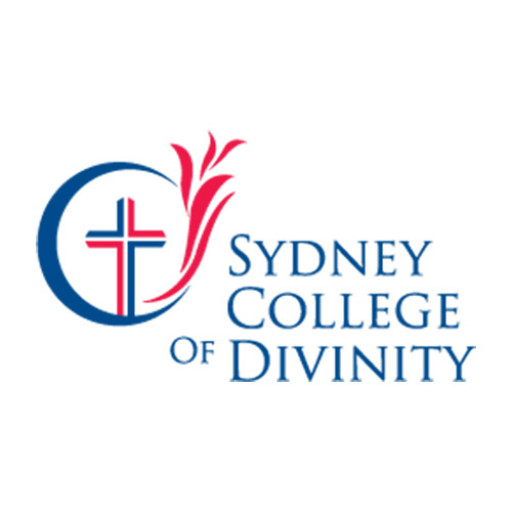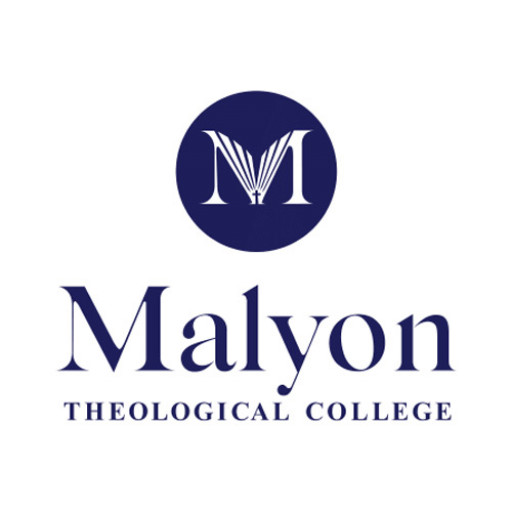Bachelor of Divinity at Tabor University offers students a comprehensive exploration of theological studies, designed to prepare them for various ministries, church leadership, chaplaincy, and further theological research. The program provides a solid foundation in Christian doctrine, biblical studies, church history, pastoral care, and ethical issues, equipping graduates with both academic knowledge and practical skills essential for service in faith communities and beyond. Emphasizing a holistic approach to theology, the curriculum integrates rigorous biblical exegesis, theological reflection, and real-world ministry training. Students will engage with the Old and New Testaments, explore the historical development of Christian beliefs, and study contemporary issues faced by faith communities today. The program encourages critical thinking, spiritual formation, and intercultural understanding, fostering graduates who are capable of contributing thoughtfully and effectively to their communities. Through a combination of lectures, seminar discussions, internships, and fieldwork, students gain practical experience in pastoral ministry, counseling, and leadership roles. The Bachelor of Divinity at Tabor University aims to develop not only knowledgeable theologians but also compassionate leaders dedicated to service and societal betterment. Graduates are well-prepared to pursue advanced theological studies, serve in churches and religious organizations, or engage in community outreach and social justice initiatives. The program’s faculty comprises experienced scholars and practitioners committed to mentoring students and nurturing their spiritual growth. With a focus on academic excellence and spiritual development, the Bachelor of Divinity at Tabor University provides a transformative educational experience that empowers students to make meaningful contributions to their faith communities and society at large.
The Bachelor of Divinity programme at Tabor University is a comprehensive and in-depth course designed to prepare students for a wide range of careers within religious and spiritual contexts. The curriculum offers a solid foundation in biblical studies, theological principles, church history, and pastoral care, equipping graduates with the knowledge and skills necessary for effective ministry, chaplaincy, theological research, and teaching. Throughout the programme, students will engage with the Old and New Testaments, exploring their historical backgrounds, literary features, and theological significance, enabling them to interpret and teach biblical texts with confidence.
In addition to biblical studies, the programme emphasizes systematic theology, where students examine core doctrines such as God, Christ, salvation, and the church, fostering a deep understanding of Christian beliefs and their relevance in contemporary society. Practical ministry skills are also a central component of the curriculum, including homiletics, worship leading, counseling, and community outreach. These courses aim to develop students’ ability to serve effectively in diverse church and community settings.
The programme encourages critical thinking, ethical reflection, and intercultural awareness, preparing students to address complex moral issues and engage with a globalized world. Students have opportunities to participate in internships, fieldwork, and community service projects that provide real-world experience and a deeper appreciation for contemporary ministry challenges. Furthermore, the programme promotes spiritual development through prayer, worship, and personal reflection, fostering a holistic approach to theological education.
Graduates of the Bachelor of Divinity programme are well-prepared for leadership roles within churches, religious organizations, academic institutions, and humanitarian agencies. The degree also serves as a solid foundation for those wishing to pursue postgraduate studies in theology, divinity, or religious studies. By combining academic rigor with practical training, the programme at Tabor University ensures that students are equipped to make meaningful contributions to their communities and to the broader field of theology.
Requirements for the Bachelor’s Degree in Divinity at Tabor University typically include the completion of foundational coursework in theology, biblical studies, and ministry skills. Students are expected to fulfill a minimum number of credit hours, often around 120-130, which encompasses general education courses, major-specific classes, and practical experience. A thorough understanding of Old and New Testament scriptures, biblical languages such as Greek and Hebrew, and church history are core components of the curriculum. Students may be required to participate in supervised internships or ministry practica to gain practical experience in church settings. Additionally, there could be assessments through essays, examinations, and projects designed to evaluate comprehension and application of theological concepts. Participation in seminars, lectures, and discussion groups is also fundamental to the program, fostering critical thinking and interpretative skills. Language proficiency tests might be necessary if the program includes biblical languages as a major component. Students are often encouraged or required to complete a capstone project, thesis, or comprehensive exam in their final year to demonstrate their accumulated knowledge and readiness for ministry or further academic pursuits. The program may further demand the completion of community service or spiritual formation activities, emphasizing personal growth alongside academic achievement. Specific entrance requirements can include a high school diploma or equivalent, a Christian faith commitment, and letters of recommendation. The program aims to develop competent, reflective, and compassionate ministers, theologians, or religious educators prepared for diverse ministry contexts and scholarly work.
The financing of the Divinity program at Tabor University is structured to provide students with accessible educational opportunities through various funding options and support mechanisms. Tuition fees for the program are set annually and are designed to reflect the cost of providing high-quality theological education. Students are encouraged to explore multiple avenues of financial aid to support their studies. Scholarships are available for both incoming and current students based on academic achievement, financial need, and other criteria established by the university. These scholarships aim to reduce the financial burden and make theological education more attainable for a diverse range of students. Moreover, Tabor University offers government-funded financial aid programs, including grants and loans, which students can apply for through national and regional education authorities. The university also provides information and assistance for students interested in external funding sources such as church organizations, foundations, and private donors committed to supporting theological education. Tuition payment plans are offered to help manage costs over the duration of the program, allowing students to make installment payments and reduce immediate financial pressure. Additionally, many students engage in part-time work or internships related to their field of study to supplement their income and gain practical experience. The university’s financial aid office provides comprehensive guidance and counseling to help students navigate available options, complete necessary applications, and maximize their financial support packages. Overall, the financing studies at Tabor are designed to ensure that students with diverse financial backgrounds have the opportunity to pursue their academic and vocational goals in Divinity studies without undue financial hardship, fostering an inclusive and supportive educational environment.
The Bachelor’s degree program in Divinity at Tabor is designed to provide students with a comprehensive understanding of religious studies, theology, and ministry. This program aims to equip students with foundational knowledge of Christian doctrine, biblical languages, church history, moral theology, and pastoral care. Students are engaged in both academic coursework and practical training to prepare them for various roles within religious communities, including pastoral ministry, chaplaincy, and religious education. The program emphasizes critical thinking, ethical reasoning, and spiritual formation, encouraging students to develop a personal faith perspective alongside academic expertise. Courses cover key biblical texts and doctrines, historical development of Christian traditions, and contemporary issues facing faith communities. The curriculum integrates lectures, seminars, group projects, and fieldwork, fostering collaboration and real-world application of theological concepts. Graduates of the program are prepared for future study in divinity or related fields, as well as for leadership roles in churches, religious organizations, and community service. The program also emphasizes intercultural competency and engagement with ecumenical dialogues, reflecting the university's commitment to fostering a diverse and inclusive learning environment. Students have access to experienced faculty members, many of whom are active scholars and practitioners in their respective fields. Additionally, the program provides opportunities for students to participate in internships, mission trips, and research projects to enhance their practical skills and global perspective. Overall, the Divinity program at Tabor combines rigorous academic training with spiritual development, aiming to cultivate well-rounded leaders who can serve their communities with integrity, compassion, and theological insight.








